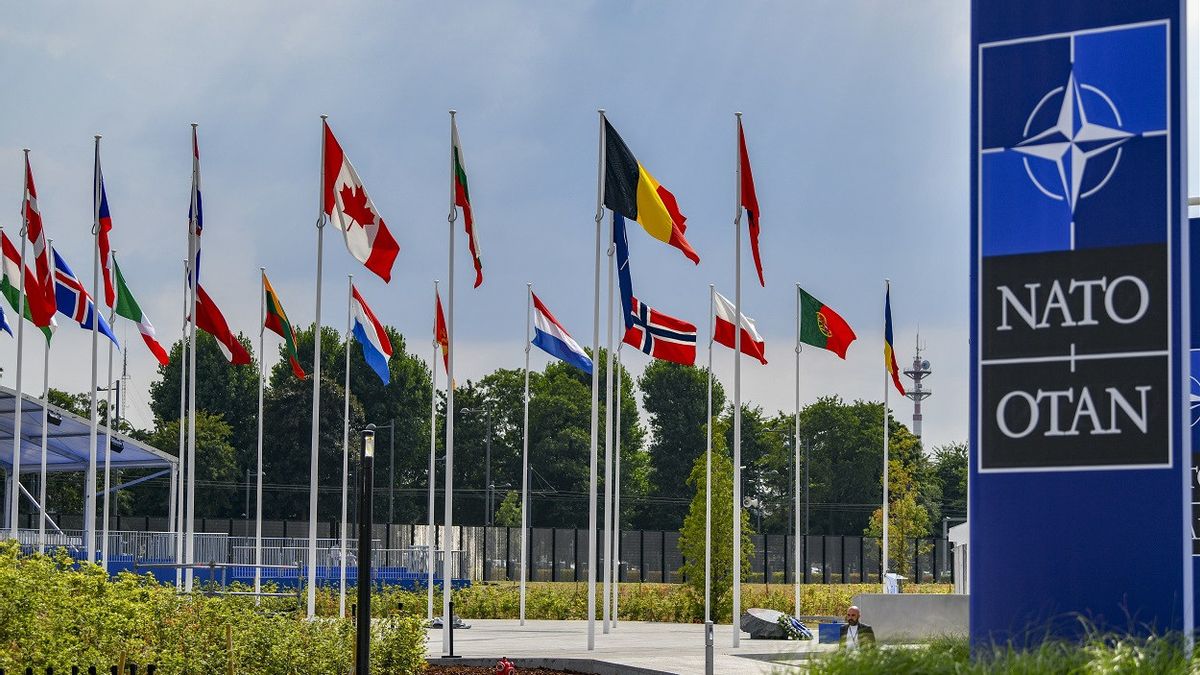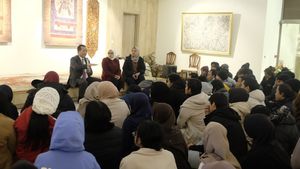JAKARTA - A leading Turkish defense company has been selected to develop a critical software system that will be used in intelligence flows at all NATO facilities around the world, marking one of the most important projects ever entrusted by the military alliance to Turkey.
STM recorded one of the Turkish defence sector's biggest export successes in software, having been awarded two major contracts on the briefing, collection, processing, dissemination and use of intelligence information within NATO.
The decision is taken by NATO's Communications and Information Agency (NCI Agency), which handles all capture, deployment, and maintenance of communications and information systems for alliance decision-makers and commanders.
Operating under the auspices of the Defense Industry Presidency (SSB), STM Savunma Teknolojileri Mühendislik ve Ticaret A.Ş. produce innovative and high-tech systems for local and international customers.
STM beat competition from some of the leading software companies affiliated with NATO member states, to secure what it said was "one of the largest software development projects ever undertaken by NATO to Turkey."
STM and NCI Agency issued two contracts after pre-award negotiations related to the project, formally named Intelligence Functional Services (INTEL-FS 2) - Spiral 2 and BMD functionality in INTEL-FS Backend Services (I2BE) and User Applications (I2UA).
.

"The software to be developed by STM will support NATO commands in the direction, collection, processing, dissemination and use of intelligence information. All NATO Commands and military bases around the world will manage their intelligence flow through the software to be developed by STM and modernised", the company said, launching Daily Sabah on January 29.
Expected to be completed in three and a half years, the company says the development of INTEL-FS2 will be groundbreaking in terms of the technologies it will implement and the solutions it will offer.
INTEL-FS2 is one of the first projects developed for NATO under the agile software development methodology approach.
The project, which will be developed and run on a NATO proprietary platform, will also cover aspects of data integration and will feature a distributed and extensible structure based on a microservices architecture.
"Through the INTEL-FS2 project, the NATO command will have access to all intelligence data with a modern user interface providing a high user experience. Turkish engineers will carry out the entire project. We formed our project team of around 100 experts", explained Turkish Engineer, Güleryüz.
Güleryüz said they will develop software services for the back-end, related to the collection, distribution and use of intelligence information and will concentrate on user applications with modern user interfaces using advanced technology.
"INTEL-FS2 will stand as a major integration project that brings together various software systems, and system scalability is essential", he said.
VOIR éGALEMENT:
It is known, STM has previously carried out several other major projects for NATO. For example, the NATO SHAPE Integrated Elasticity Decision Support Model developed by STM supports NATO's decision-making processes in the face of strategic shocks, such as pandemics, large-scale power outages, cyber-attacks, and mass migration of people, and plays a critical role in the accurate analysis of the effects of complex large-scale problems and the determination of the roadmap set by decision makers.
STM, which also undertakes projects for NATO in the area of command and control, has completed the NATO Integration Core Project (INT-CORE), ensuring the provision of significant support for situational awareness across the battlefield.
INT-CORE provides accurate information to decision-makers promptly and incorporates command-and-control work processes that can support the distribution of information related to command-and-control, shared image, battlefield and mission.
The English, Chinese, Japanese, Arabic, and French versions are automatically generated by the AI. So there may still be inaccuracies in translating, please always see Indonesian as our main language. (system supported by DigitalSiber.id)


















